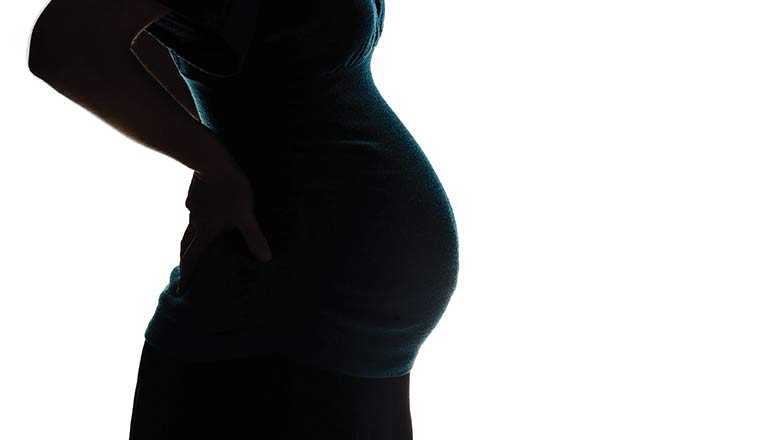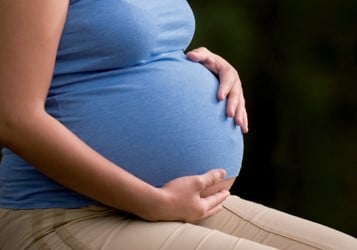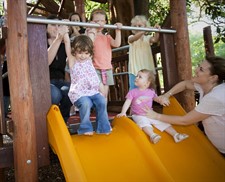Search
News & Events
The Kids researcher wins Premier’s Science AwardThe Kids researcher Dr Hannah Moore has been named Woodside Early Career Scientist of the Year at the 2015 Premier's Science Awards.
News & Events
Centre of Research Excellence enables national FASD approachResearchers at The Kids Research Institute Australia will establish a national framework to tackle Fetal Alcohol Spectrum Disorder (FASD).
News & Events
Older maternal age linked to mental health symptoms in daughtersResearchers at The Kids Research Institute Australia have found daughters born to older mothers have higher rates of some mental health problems.

News & Events
Less ‘fast food’ outlets near schools could help reduce obesityTeaching a class of year eleven students about nutrition ten years ago is what gave Dr Gina Trapp the idea for her research.

News & Events
Folate success helps Aboriginal kidsMore than 30 years of research into the links between folate and neural tube defects has paid off for The Kids Research Institute Australia researcher Professor Carol Bower.
News & Events
Vitamin D link to depression in mothersResearch by The Kids Research Institute Australia shows a link between low vitamin D during pregnancy and post-natal depression.

News & Events
Why are women delaying pregnancy?A study by The Kids Research Institute Australia and the University of Western Australia is exploring the reasons why women are delaying pregnancy into their thirties.

News & Events
Maths & making a differenceFor Perth researcher Ami Bebbington, mathematics is a vital tool in her personal and professional quest to improve the lives of children everywhere.

News & Events
Child Health Seminar: Build It and They Will Play!Free public seminar - we will be discussing how neighbourhoods provide opportunities (or barriers) for kids' play, physical activity, health and development.

News & Events
Sunlight link to obesity and diabetesResearchers from The Kids Research Institute Australia and Harry Perkins Institute of Medical Research have found that small regular doses of sunlight suppress the develo
